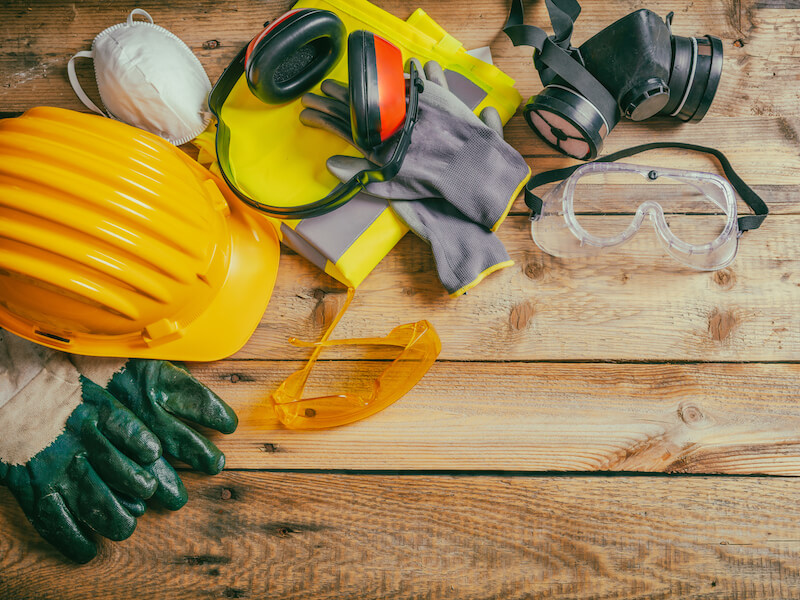
About two million workplace injuries are reported each year. When you think of on-the-job injuries, you might think of flying objects or a hand caught in a piece of machinery at a factory.
But there is a far more pernicious on-the-job injury that is even more common and frequently overlooked. Over a few years, it will sneak up slowly on people. The injury goes unnoticed until the effects become impossible to ignore. Excuses are a normal reaction. “It will go away” or “I’m just getting older. This isn’t unusual.
Many people don’t even recognize it was related to their workplace environment.
Hearing damage is this insidious injury. There are a number of warning signs you should recognize, and there are important steps you need to take if you believe the damage is already done.
How Loud is Too Loud?
Your hearing can be irreversibly damaged with prolonged exposure to as little as 85 decibels (dB) over a long period. Seventy-five dB, for example, is the average volume of a vacuum. A lawnmower produces 85 dB. A chainsaw or leaf blower produces more than 100 dB. And the volume of a gunshot logs in at 140 dB.
Are you at risk when you’re at work? Are you being exposed to the most prevalent workplace injury? If you’re regularly exposed to noise as loud as a lawnmower, even if it’s not constant, your hearing is likely to become damaged over time.
Symptoms of Hearing Injury
If you work in a loud environment, there’s no question you’re damaging your hearing.
The following are early warning signs that you’re experiencing hearing loss:
- You can’t understand the person speaking if there’s background sound.
- You tend to disengage when others are talking.
- Your friends and family tell you your TV, radio, or computer tablet volume is too high.
- You feel pain when you hear loud sounds.
- You suspect people speaking to you are constantly mumbling.
- consonants get confused – “Todd” sounds like “Dodd,” for instance.
- You frequently ask people to repeat themselves when they talk.
- Conversations sound muffled.
- You’re hearing noises in your ears like ringing, whistling, or hissing.
What Are Employers Doing to Decrease Hearing Damage?
In environments that are extremely loud, technology is being put to use by organizations and businesses, to reduce workplace noise. Government agencies are working to update guidelines that will decrease workplace noise and protect employees.
Employees are speaking out as they become aware of the long-term damage that workplace noise is causing. With time, their voices will bring about further change.
Preventing Additional Damage
Safeguarding your ears before they become damaged is the smartest plan if you work in a loud setting. Using protective earmuffs or earplugs on the job will help decrease potential damage.
Schedule an appointment for a hearing test right away if you think a noisy workplace has caused damage to your hearing. When you ascertain the degree of your hearing loss, you will learn how to avoid further damage going forward. We address any hearing damage you already have and develop strategies to help you avoid any further damage.